Listen to the missed call– Data analytics can help decode consumer signals to improve returns on MCM
Making a ‘missed call’ – dialing a number and disconnecting it before the call is picked up – has traditionally been a way to signal a message in India without actually communicating it with a voice. With a large number of Indians on pre-paid plans with limited talk-time, it is important to save the available talk-time by avoiding to actually consume the call minutes when a mutually understood signal can communicate the message. In the era of facebook, whatsapp and other mobile apps, one can connect freely without using the talk time but that demands smart phones, access to mobile Internet and technology skills. With a large number of Indians still using feature phones and not smart phones, ‘missed call’ is an economical and wide-reaching mechanism of communication. The popularity of this behavior of using missed call for signaling messages is so popular that it is even reflected in Bollywood songs and movies. Thus, it’s not just the limited time prepaid calling plans, limited adoption of smart phones but the popular culture too is contributing to the trend of missed call in emerging markets like India. It is difficult for the West to see much value in this but Indian marketers see a great business value in this cultural phenomenon of missed calls.
Deeper penetration of mobile phones across geographies and demographies in India provides a great opportunity to the brands to connect with their consumers through a platform, which has a tremendous reach now. Mobile phones allow companies to reach their audiences, which are otherwise difficult to access through traditional media such as print, television or even radio, thus providing access to markets. Missed Call Marketing (MCM) is when a missed call to specific number of a marketer is used by a consumer as a signal to the marketer indicating that a commercial content can be sent to him by a return call or a text message. Thus, a consumer can dial an advertised number and disconnect a call to receive commercial/ sponsored content or request customer service. Unilever’s launch of ‘Kaan Khajura Tesan’, a unique missed call radio station, a couple of years back that became the number one broadcast station in otherwise media-dark Indian states like Jharkhand and Bihar, proved that the ‘missed call’ behavior of Indians can be leveraged as an advertising/ communication medium that provides better accessibility to markets, is economical to both the consumers and the marketers and is non-intrusive as it is consumer initiated.
Missed call marketing in India is used by packaged consumer goods companies such as Unilever, P&G, Pepsico among others who see primary benefits of reaching audiences that are difficult to access through traditional media advertising. Banks, telecom and services marketers, too, use it for providing better customer services to the existing customer base that saves expensive time of tele-reps for the companies, saves the trouble for customers in dealing with IVR-based cumbersome interactions with machines, without actually spending money. In case of existing customers of service providers using it to request specific information (eg. making a balance enquiry to a telecom operator) or services (eg. Requesting a cheque book from the bank), the primary objective of MCM could be to keep the service cost at the minimum while providing convenience to the customers. However, in case of marketers such as consumer packaged goods companies, access to audience is the primary benefit. For them, attracting consumers to make a missed call on a specific number itself requires attractive promise. While a few may give a missed call to receive commercial content, most consumers would need a reason beyond listening to a commercial or receive a text-ad. Thus, in order for MCM to work in a sustainable way, marketers need to make a promise of value in return for the effort of making a missed call. Such value can be by providing a promotional offer such as discount coupon or content which is relevant and attractive like in case of Unilever’s promise of free 20 minute Bollywood entertainment.
The commercial message or the advertising content itself could be valuable for consumers to make the missed call again creating better engagement with the brand, provided the commercial offers and content is relevant and in line with what customers’ expectations are. That’s where it becomes more important to predict what customer would expect just based on his missed call signal!
The interesting part of the MCM is that it is happening on an interactive technology platform such as mobile telephony but with the consumers actually making just the signal that they are willing to interact with the company and nothing much. Thus, while the interactive technology provides opportunity to use data-driven marketing, consumers making just a missed call and not revealing much makes it critical for marketers to predict the requirements of the missed-call maker with limited information. Hence, the role of consumer data and data analytics become critical. Predictive modeling based on information such as which geography the calls are coming from, what frequency they come at, pattern and consistency of frequency, what time the phones are made, which operator the numbers are subscribed to, which number (in case of multiple numbers provided for dialing) is dialed to, etc. can be used along with response data tracking or repeat calling behavior to predict consumer preferences to deliver targeted content. For service companies such as financial or telecom services, which use MCM for customer service, mobile phone numbers of the customers, are registered and hence they have customers’ profile data easily available to overlay the call behavior data to develop much better analytical models to precisely predict what customers expect by making a missed call.
Prof. Keyoor Purani is Professor of Marketing Management at IIM Kozhikode and is currently setting up a technology business incubator- IIMK LIVE.
The author was recently quoted by Knowledge@Wharton in an article titled ‘Why Missed Call Marketing Has Taken Hold In India’
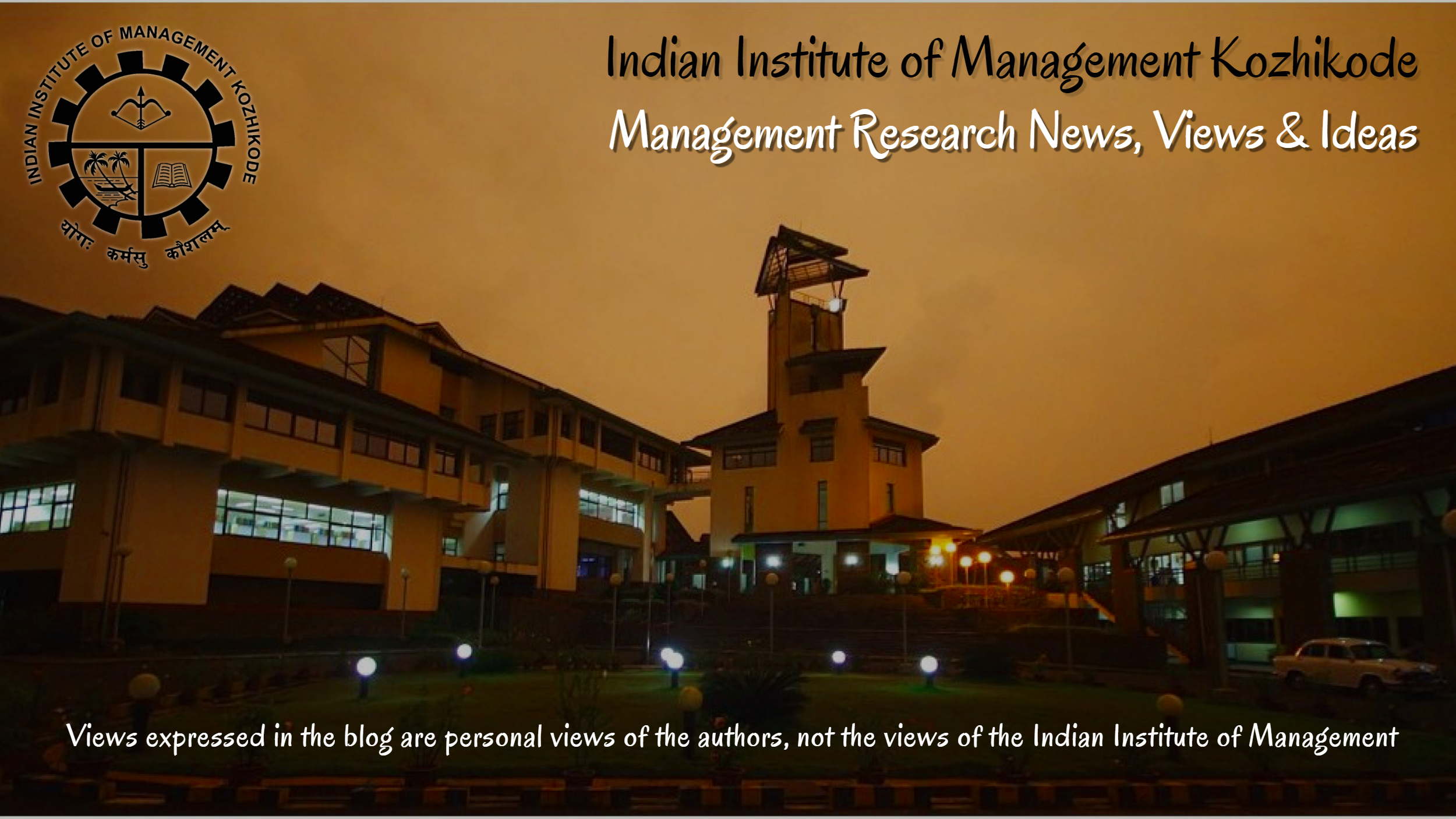


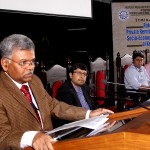
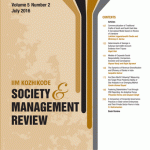
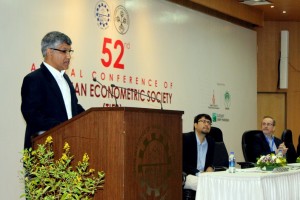

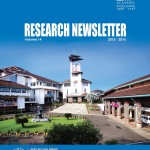
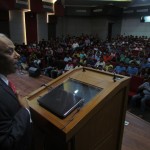
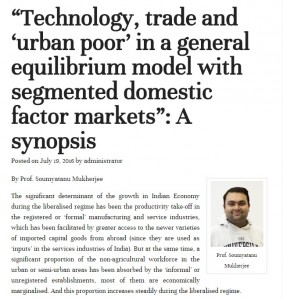

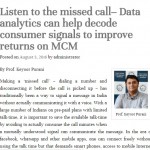





 Users Today : 103
Users Today : 103 Users Yesterday : 268
Users Yesterday : 268 This Month : 2981
This Month : 2981 This Year : 55950
This Year : 55950 Total Users : 479938
Total Users : 479938 Who's Online : 2
Who's Online : 2